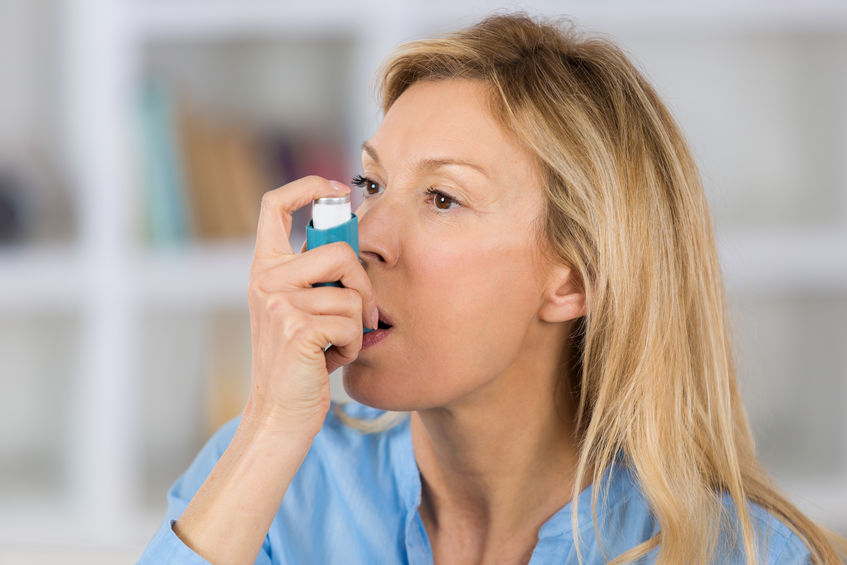
Asthma isn’t just a “cold-weather” or “allergy-season” issue. Instead, it’s a daily challenge that often flares up suddenly and unpredictably. That being said, how much does the weather actually impact asthma? The answer is more than you might think. Understanding the connection between weather and asthma is a crucial part of managing symptoms effectively, and it’s one of the many factors we help our patients navigate through Microdose Therapy™.
Temperature Swings and Air Quality
Sudden temperature changes can be a powerful asthma trigger. Cold air in particular tends to dry out the airways and cause them to tighten, which may lead to coughing, wheezing, or shortness of breath. On the other end, hot and humid weather can also aggravate symptoms, especially when it leads to poor air quality. Ozone levels tend to rise during heatwaves, and for many people with asthma, even a moderate increase in ozone can trigger inflammation in the lungs.
The Helen Foundation utilizes Microdose Therapy™, which focuses on responding to inflammation at the earliest sign rather waiting until symptoms become overwhelming.
Other Asthma Triggers
It’s no secret that pollen is a common asthma trigger. In addition, shifts in barometric pressure can also irritate the airways and affect breathing.
Our approach helps patients manage these fluctuations. With our cortisol dosing protocol, you only take cortisol when your body shows signs of needing it, often on days when weather conditions are particularly harsh.
Microdose Therapy™: A Smarter Way to Treat Asthma
Microdose Therapy™ is a natural, patient-led treatment that uses minimal amounts of cortisol. In fact, it’s less than the body would normally produce. This helps stop inflammation that causes asthma.
In our 2019 study, patients with asthma who used Microdose Therapy™ reported an average symptom improvement of 68%, often in just three weeks. Unlike daily medications that can come with long-term side effects, our approach is grounded in self-awareness, precision, and a deep understanding of inflammation. We support you throughout the process.
For mor information about using Microdose Therapy™ to fight against asthma, complete an Enrollment Form or call us at 812-TO-HELEN (812-864-3536) .
